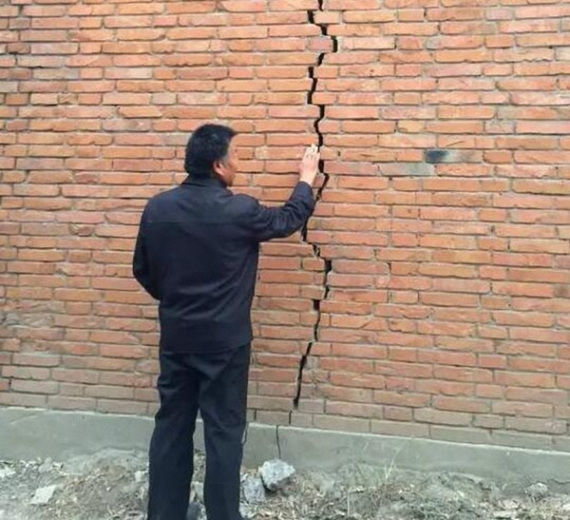
"Even after receiving water from the south-north water diversion project, Beijing still partly relies on the exploitation of underground water to meet its needs," said Xu Xinxuan, head of the Water Sciences Institute at Beijing Normal University.
In southern provinces, the water level is falling in several lakes, including Dongting Lake in Hunan province, and Poyang Lake in Jiangxi province. Experts believe the shortage is spreading from north to south.
Conservation projects
Even without the pressures exerted by industrialization, China's water situation is cause for concern. The nation's water resources are just 27 percent of the global average and are unevenly distributed. Floods and droughts are common.
But the country is making efforts to conserve its water resources and fight pollution. Between 2011 and last year, 238 billion yuan ($36 billion) was spent on water-conservation projects in poor areas, according to the ministry.
In April, a detailed action plan aimed at improving the quality of drinking water and promoting water conservation was introduced.
According to the plan, annual pollution checks will be included in performance reviews for provincial officials. Distribution of funds for the campaign will also depend on the results.
From next year, a blacklist will name businesses that exceed their water pollution quotas, with severe violators risking closure.
The plan also stipulates that more than 70 percent of the water in the seven major river valleys, including the Yangtze and Yellow rivers, should be in good condition by 2020. The same target has been set for offshore areas.
Next year will also herald the beginning of 20 major water projects, and 172 key water projects will be pushed forward in the coming five years, according to Chen Lei, minister of water resources.
A multi-tier pricing system has been launched in 321 cities across 29 provinces and regions, allowing the price of water to reflect local conditions.
However, experts point out the system is not strict enough in some cities. In many areas, the price increase is only felt by those with limited incomes and few people feel the need to save water.
Zhu Dangsheng, chief engineer at the ministry's China Renewable Energy Engineering Institute, said cities and areas that share rivers or lakes must coordinate their actions to resolve the problem.
As one of 13 major grain suppliers in the country, about 70 percent of Hebei's underground water is used for irrigation, but according to one local official, who preferred not to be named, there are competing claims for resources.
"The central government has invested a huge amount of money to save underground water and protect the ecosystem in Hebei province.
But at the same time, the agriculture department is pushing for higher grain output. With Hebei's serious water problem, the agricultural department should lower the designated grain output in those cities and counties that suffer most," he said.


















































